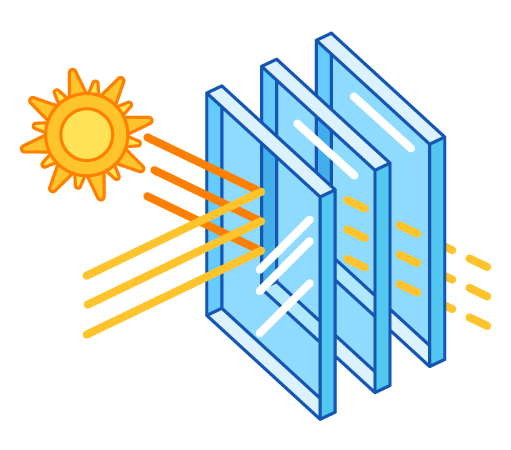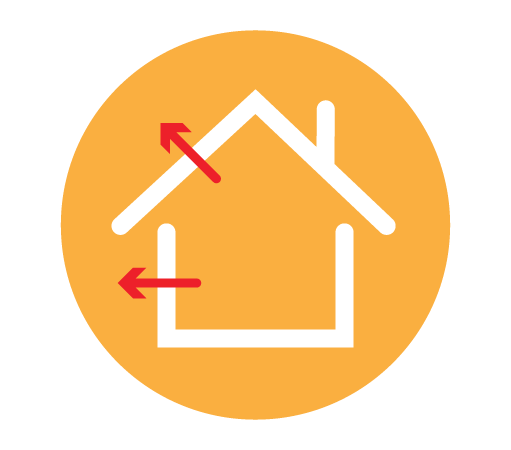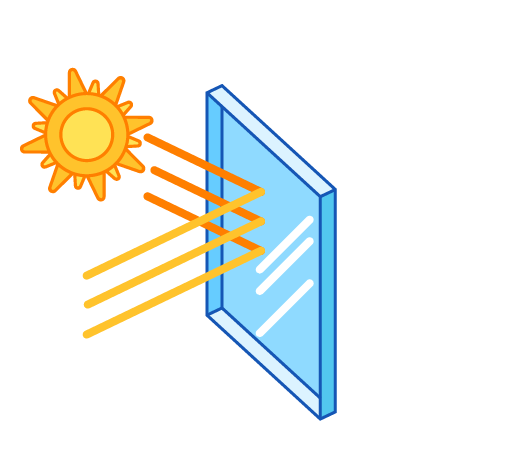Whether your priority is thermal insulation, solar control, or soundproofing, we supply and install glazing solutions to match your building performance needs.
Available glass options:
-
Double Glazing – Reduces heat transfer and improves acoustic insulation
-
Low-E Glass – Enhances energy performance with high solar control
-
Tinted Glass – Available in grey, bronze and other tones to reduce glare
-
Toughened & Laminated Glass – For safety and compliance with AS1288
-
Acoustic Glass – For developments near major roads, airports or rail lines
We work with leading Australian glass suppliers and can provide U-values, SHGC, and acoustic ratings on request.






